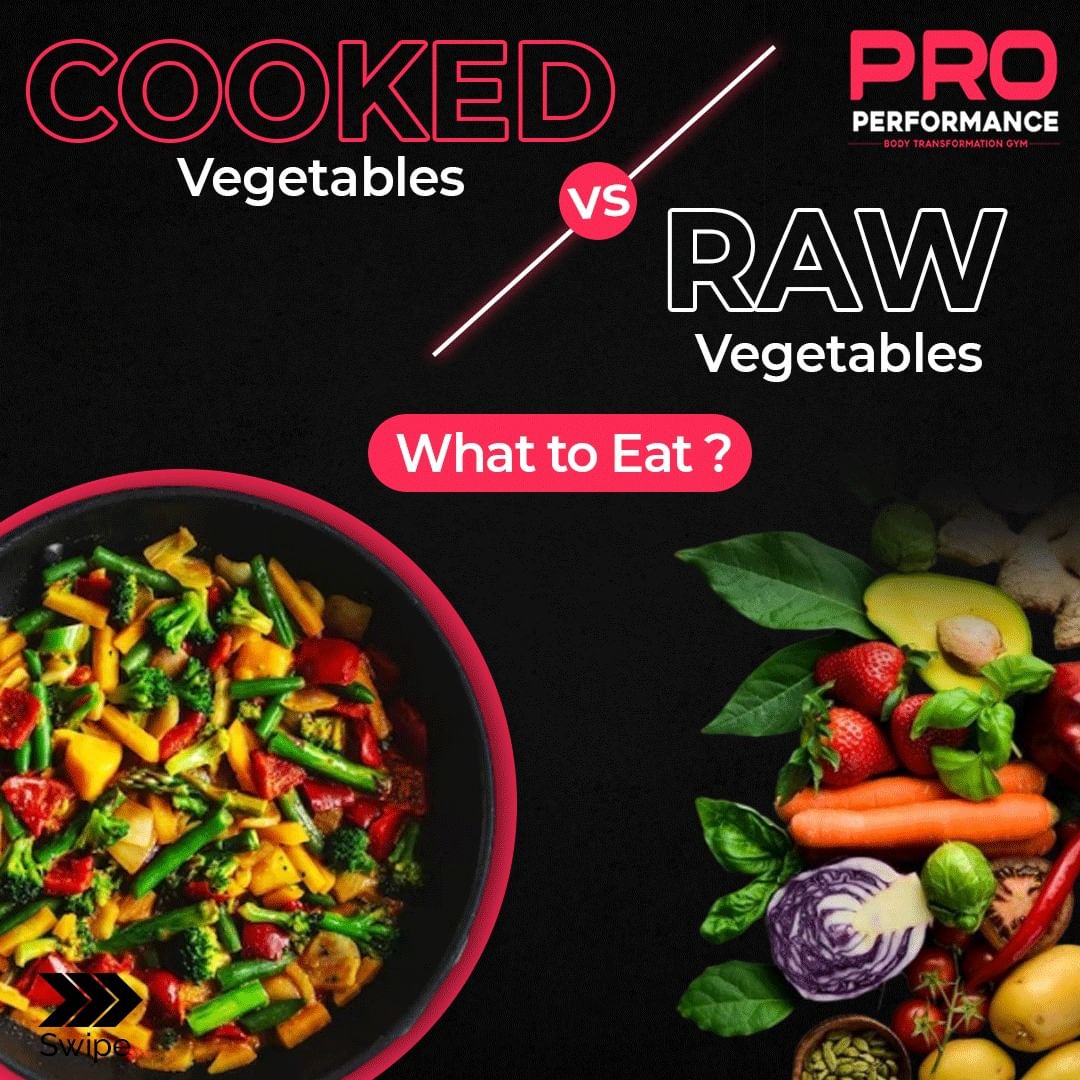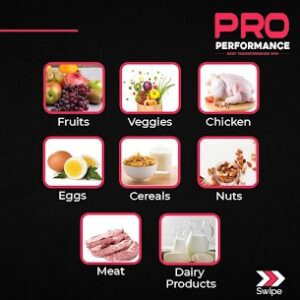Vegetables are a vital component of a healthy diet, providing essential nutrients and vitamins necessary for our well-being. While some vegetables can be consumed raw, cooking them enhances their nutritional value and makes it easier for our bodies to absorb these beneficial compounds. In this article, we will explore the advantages of cooking vegetables and how to strike the right balance between raw and cooked consumption to optimize nutrient intake.
- Enhanced Nutrient Absorption: Cooking vegetables breaks down their cell walls, making it easier for our bodies to access and absorb the nutrients they contain. Heat application, such as steaming or sautéing, helps release valuable antioxidants, vitamins, and minerals, unlocking their full potential for our health.
- Increased Antioxidant Activity: Certain cooking methods, like blanching or boiling, can actually increase the antioxidant activity of vegetables. Heat breaks down cell structures, releasing more antioxidants that help protect our cells from damage caused by harmful free radicals.
- Improved Digestibility: Cooking vegetables can improve their digestibility, making it gentler on our digestive system. Heat softens the fibers in vegetables, making them easier to chew and digest, while also reducing the risk of digestive discomfort.
- Enhanced Taste and Flavor: Cooking vegetables brings out their natural flavors, making them more appealing and enjoyable to eat. The process of cooking can enhance the taste and texture of vegetables, encouraging us to incorporate them into our meals more frequently.
- Retaining Nutrients through Proper Cooking Techniques: To preserve the maximum nutritional value of vegetables, it’s important to avoid overcooking them. Overcooking can lead to nutrient loss, particularly water-soluble vitamins like vitamin C and B vitamins. Opt for cooking methods that retain nutrients, such as steaming, roasting, or stir-frying, which minimize cooking time and preserve the vegetable’s natural goodness.
- The Power of Raw Consumption: While cooking offers numerous benefits, consuming raw vegetables is also important. Raw vegetables provide us with a rich source of enzymes, fiber, and certain heat-sensitive vitamins that may be partially lost during the cooking process. Including a variety of raw vegetables in our diet ensures a diverse nutrient intake.
Balancing the consumption of raw and cooked vegetables is key to maximizing nutrient intake. Cooking vegetables unlocks their full potential, enhancing nutrient absorption, increasing antioxidant activity, and improving digestibility. However, it is equally important to incorporate raw vegetables into our diet to benefit from their unique nutritional profiles. By incorporating both raw and cooked vegetables, we can enjoy a well-rounded diet that nourishes our bodies with essential nutrients, promoting optimal health and well-being.
Remember, the goal is to find a cooking method that preserves the maximum nutrients while enhancing taste and texture. Experiment with different cooking techniques and enjoy the wide array of flavors and health benefits that vegetables have to offer.




